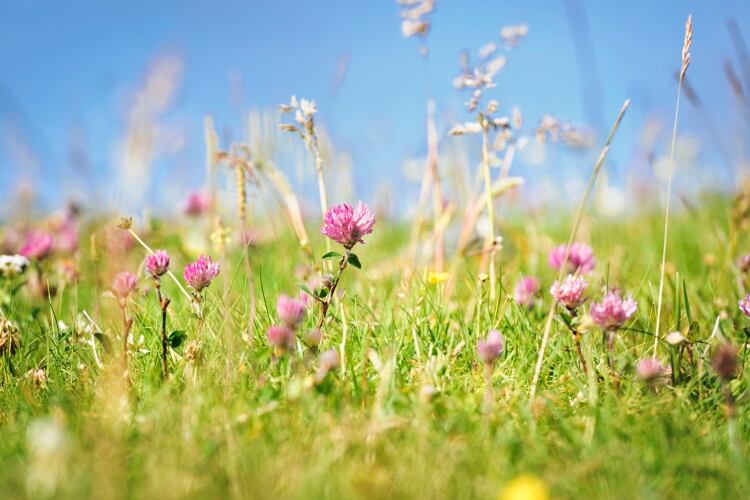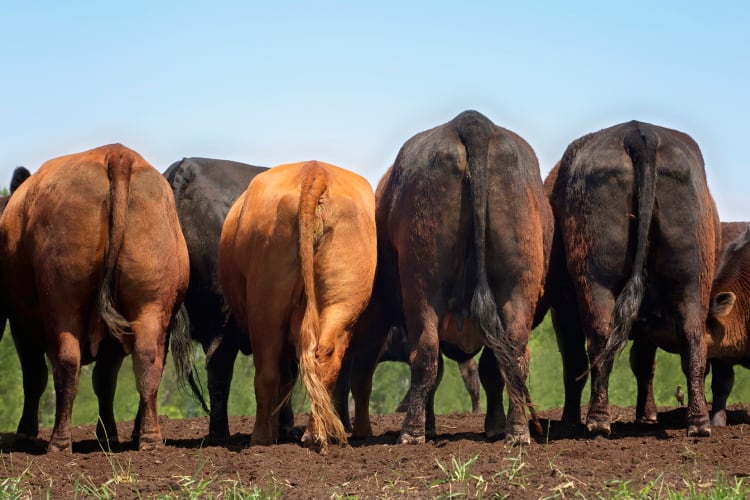EU member states will consider whether to make additional funding available to support inflation-hit fertilizer producers and farmers in 2023. In March 2022, the Commission allocated €500m to finance food producers affected by the war in Ukraine, of which €492m has already been distributed.
If approved, the €450m – which is the full agriculture reserve of the Common Agricultural Policy (CAP) – would be prioritized for ‘exceptional measures’ in FY 2023, such as market disturbance and risks to food security.
The Commission has also updated the Temporary Crisis State Aid Framework, which enables member states to grant aid to cover input costs for companies and farmers, subject to safeguards. The most recent changes to the framework include an increase in the aid amount for fertilizer companies (up to €150m) as well as for farmers (€250,000).
Besides state aid, governments and public authorities have been encouraged to purchase fertilizer ‘at more competitive market prices’ and to offer the product to farmers at lower prices. Meanwhile, food and fertilizer producers will get priority access to natural gas in the event of gas rationing.
More ambition needed in CAP plans
European commissioner for agriculture Janusz Wojciechowski said that improvements in sustainability, resilience and transparency could bring about ‘economic benefits for our farmers and environmental benefits for our ecosystems’. Under the new CAP, member states need to submit strategic plans, complete with funding for income support, rural development, and market measures but also provide a so-called toolbox of policy measures that would contribute to the CAP's wider sustainability objectives. Measures such as soil health improvement, organic farming and precision farming are all encouraged, for example.
However, Wojciechowski revealed that of the 13 plans submitted so far, only six had included precision agriculture as an eco-scheme. He urged member states that revisions of plans that have already been approved can be expedited through the Commission to encourage governments to include more eco schemes and sustainable measures.
Focus on nutrient management
The Commission is also set to adopt a Nutrient Management Action Plan in 2023 to foster a more efficient use of nutrients. Roughly €180m will go into projects about nutrient management, he said.
Wojciechowski also added that it’s possible to achieve greater yields whilst reducing the use of fertilizer, giving Finland as an example. The Scandinavian country has cut the use of chemical fertilizer by a fourth between 2010 and 2019, but yield was increased by a fourth also, from 31 to 42 decatons per hectare, he explained.
The Commission is also working to improve market transparency and will launch a new market observatory to share data on fertilizer production, use, prices and trade.




